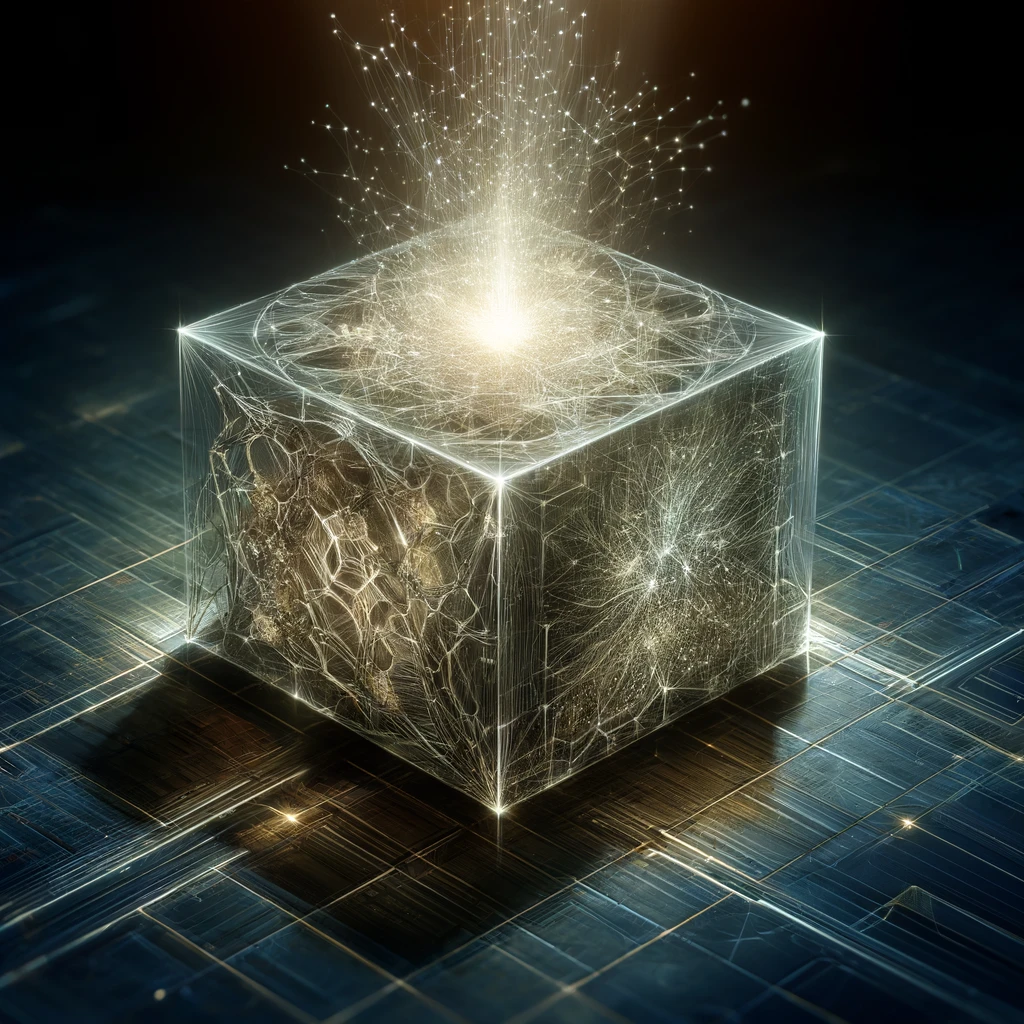
AI has become the latest and biggest buzzword since the release of GPT 3.5.
This has inevitably created a hype that will eventually lead to some disappointment, given that most companies, both old and new, are rushing to ride the wave of AI to make a quick buck. All you need is a half-baked idea, a demo running as a wrapper around OpenAI's API, and the ear of an investor.

There is also considerable hype regarding the immediate effects of AI on the job market. Current AI is changing things, but humans are still needed in one way or another. It will take more time to reach the point where human work becomes obsolete and optional.
Putting the hype aside, there is something more important and more fundamental to consider beyond the commercial aspect of AI: the relatively simple structure of neural networks that can give rise to intelligence as we know it.
Humans have always fantasized about alternative life forms, perhaps somewhere outside our planet. However, life as we know it is extremely complex and requires a chain of fortuitous events, spanning millions or billions of years, to evolve from simple molecules to complex organisms.
We've also been assuming that intelligence is a property that derives from life, and finding intelligent life forms would mean we'd have to first find life, and then intelligent life on top of that. This notion is now challenged.
Artificial Neural Networks demonstrate that intelligence requires a relatively simple structure that doesn't need to be organic. Granted, today's LLMs (Large Language Models) are not self-sustaining, self-evolving, and self-replicating entities, but it's clear that those properties are likely to follow. We can already see hints of this with agent-based systems that rely on LLMs to go beyond the capacity of a single inference cycle (inputs -> model -> outputs).
Gone are all the theories about the soul, consciousness, and even quantum effects on neurons. We are now very close to creating entities that can think, learn, and evolve, and we can do so with a relatively simple structure.
In conclusion, I have no doubt that the commercial aspects of AI are being overhyped. However, it would be a waste to focus purely on that aspect, without considering the deeper significance that this holds... we have distilled intelligence, and it didn't require a magic formula or a metaphysical event to do so.
Somewhere in the universe, there may be other "engineer types" that have been forged from energy applied to structures like some form of crystals, or maybe some kind of fluid with enough mechanical properties to form and sustain a network of connections with its bits of memory and its processing units.

This would be an exciting prospect because it would mean that intelligence is less rare than we thought, given that it wouldn't require the complicated, long chain of events that life as we know it requires.